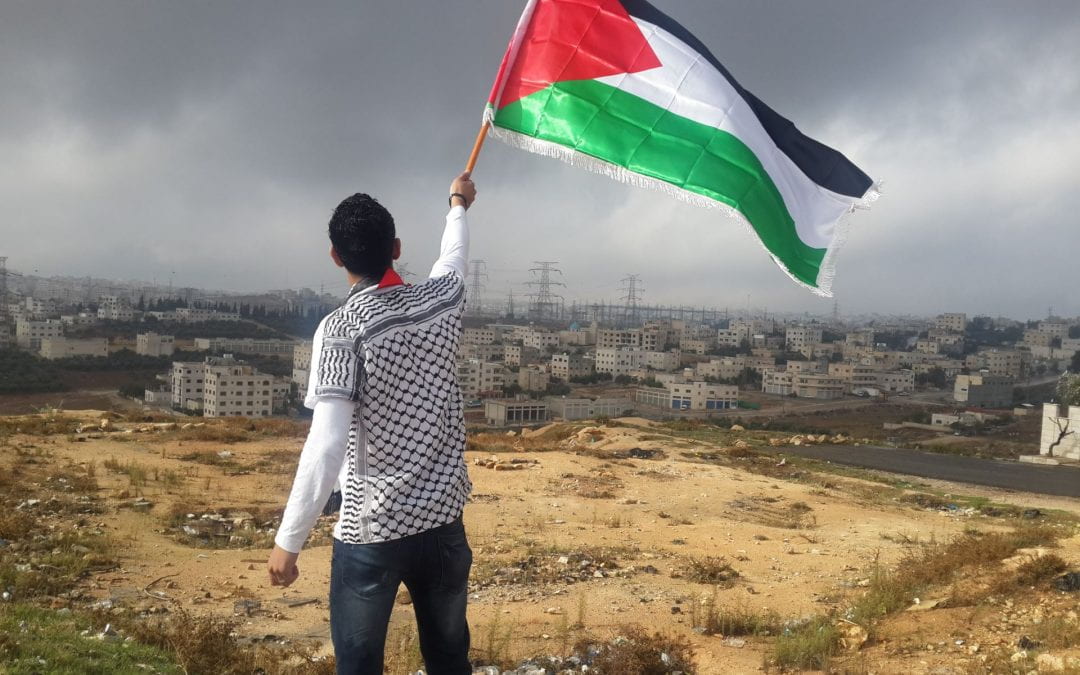By Shawan Jabarin
Israel may finally be investigated for alleged war crimes and crimes against humanity committed in the West Bank, East Jerusalem, and the Gaza Strip.
In a landmark ruling on Friday 5 February, the International Criminal Court (ICC) recognised its full legal authority to investigate alleged war crimes and crimes against humanity committed in the West Bank, including East Jerusalem, and the Gaza Strip.
This is an important victory for the Palestinian people, who have been denied their right to self-determination for decades. It is also a victory for defenders of human rights and proponents of justice and accountability across the world.
According to the decision, Palestine qualifies as a full and valid state party to the Rome Statute, the ICC’s founding document, and can thus can be engaged with in the same way as any other state.
The significance of this development cannot be overstated. Palestinians have engaged with the ICC and its prosecutor for years, calling for investigations into the killings of civilians, the crime of apartheid, the establishment of settlements in the occupied Palestinian territory, the pillage of Palestinian land and natural resources, and more.
The ICC was established to prosecute persons suspected of the crimes of greatest concern to humanity as a whole, and it may very well represent the final avenue for the Palestinian people to pursue legal accountability.
The context of the decision is itself important. In the lead up to this decision, the ICC has been the subject of repeated attacks seeking to undermine its work and credibility. The Israeli prime minister, Benjamin Netanyahu, has routinely levelled unfounded accusations of anti-Semitism at the court, even as Israeli authorities continue to violate international law.
Israel’s efforts to undermine the court’s work have been aided by its international allies. In a letter sent in February 2020, for example, Canada allegedly informed the ICC of its opposition to a criminal investigation in Palestine, reminding the court of the annual Canadian contribution to its budget. Though the Canadian government told media that it’s policy is not to release that kind of correspondence publicly, it did confirm that a letter was indeed sent. This was followed by numerous state submissions – from Austria, Australia, Brazil, the Czech Republic, Germany, Hungary, and Uganda – opposing the court’s work in Palestine.
However, the most egregious attempt to undermine the ICC came from the United States. The Trump administration, following the court’s consideration of the situation in Palestine, as well as of alleged war crimes committed by US personnel in Afghanistan, issued an executive order allowing for sanctions to be imposed against key members of the court’s staff, including its chief prosecutor, Fatou Bensouda.
Despite widespread international condemnation, Joe Biden’s administration has not yet rescinded Trump’s executive order or reversed its sanctions. Described by the ICC as an “unprecedented” attack against justice and the rule of law, it is vital that President Biden takes immediate action to undo the harm caused by his predecessor and bring the US into line with the principled foreign policy it professes. Rescinding the executive order in full is the crucial first step.
The ICC’s decision on Palestine affirms its impartiality, credibility, and its willingness to uphold the rule of law despite international pressure – but its work is not yet finished. To see perpetrators brought to trial in the Hague, Bensouda and her office must act swiftly, effectively, and with courage to finally see justice for Palestine and the culture of impunity enjoyed by Israel brought to an end.
International support will be crucial – with the ICC’s decision published, all states must now honour their legal obligations, enshrined in the Rome Statute and the Geneva Conventions, not to stand in the way of what Palestinians have demanded for so long.
Justice is the first step towards the peace we desperately seek, for the latter without the former is hollow. Palestinians longing for their right to self-determination, especially the younger generations, have finally received a message of hope.
This article was originally published on openDemocracy.net and was republished under a Creative Commons Licence. If you enjoyed this article, visit openDemocracy.net for more.
Shawan Jabarin is a Palestinian human rights defender. He is the general director of Al-Haq, a Palestinian human rights organisation, and a member of Human Rights Watch Middle East Advisory Board.
Disclaimer: The ideas expressed in this article reflect the author’s views and not necessarily the views of The Big Q.
You might also like:
Can the Abraham Accords further the chance of peace in the Middle East? 🔊
What role does the United States play in the Israel-Palestine peace process? 🔊

